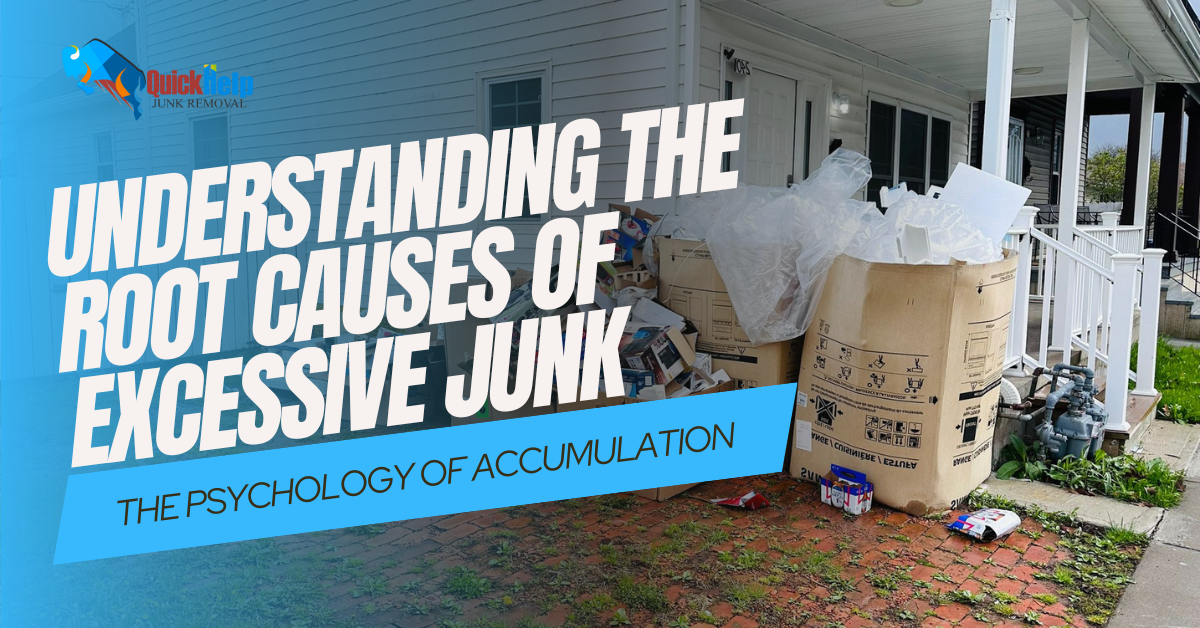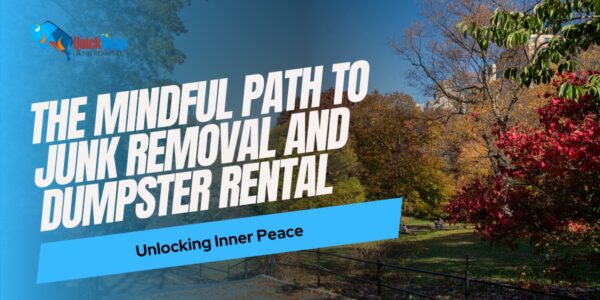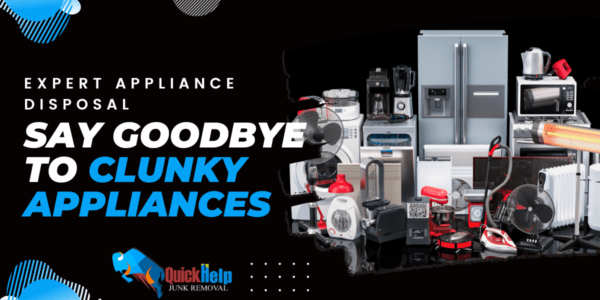Humans have an inherent attraction to ownership. Possessions can provide a sense of security, status, and identity. The accumulation of objects becomes a way of defining ourselves, reflecting our tastes, aspirations, and achievements. However, this desire for possession can escalate into a compulsion, leading us to hoard things we do not truly need or use.
Many possessions hold emotional significance for individuals. Items from past experiences, gifts from loved ones, or mementos from significant events can trigger sentimental attachments. Letting go of these possessions becomes challenging due to the emotional connections, causing clutter to accumulate over time.
The fear of letting go often stems from uncertainty about the future. We hold onto items, thinking they might come in handy someday or fearing that we might regret discarding them later. This fear fosters a mindset of accumulation and a reluctance to part with belongings, no matter how trivial they may be.
Accumulating possessions can serve as a coping mechanism for stress, anxiety, or past traumas. Retail therapy and buying new things momentarily alleviate negative emotions, leading to temporary satisfaction. However, this approach can lead to a vicious cycle of excessive accumulation and clutter.
In the age of social media, comparison with others has become more pronounced. We often feel the need to keep up with trends and impress our peers, resulting in excessive purchases and the accumulation of belongings we don’t genuinely need. This constant social comparison fuels a sense of inadequacy and contributes to the growing clutter in our lives.
Modern lifestyles are fast-paced and demanding, leaving little time and energy for organizing and decluttering. Over time, this leads to a cluttered living space that exacerbates stress and reduces productivity.
The omnipresence of advertising bombards us with messages that convince us of our needs and desires, even for things we didn’t know we wanted. Consumerist culture fosters the idea that buying more equates to a better life, further driving excessive accumulation.
Understanding the psychological underpinnings of excessive junk accumulation allows us to confront the problem at its roots. By recognizing the allure of possession, the emotional attachments, and the fear of letting go, individuals can adopt a more mindful and intentional approach to consumption. Embracing the concept of minimalism and seeking the services of a professional junk removal and dumpster rental company enables us to declutter our living spaces, leading to a clearer mind and a more organized life. Let us liberate ourselves from the burden of excessive accumulation and embark on a journey towards a simpler, more fulfilling existence.




